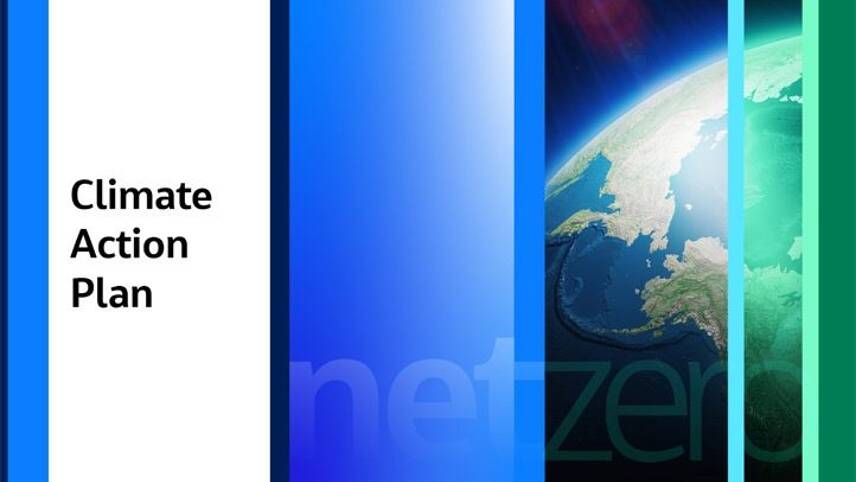Register for free and continue reading
Join our growing army of changemakers and get unlimited access to our premium content

The company has also committed to becoming carbon negative across its operations and business travel by 2030
Jacobs’ Climate Action Plan was launched earlier this summer, committing the company to achieving and maintaining 100% renewable energy use and reaching net-zero emissions across operations and business travel by the end of the year.
The company confirmed this week that it has already reached these goals. Jacobs reached carbon neutrality across its operations and business travel in line with global standard PAS 2060:2014. Reducing carbon consumption, purchasing renewable energy contracts and utilising carbon offsets were all used to reach net-zero.
Jacobs believes that the use of carbon offsets will diminish year-on-year as carbon reduction is prioritised.
The company has also committed to becoming carbon negative across its operations and business travel by 2030.
In addition, Jacobs has joined more than 300 companies in signing up to the UN’s Business Ambition for 1.5°C, which calls on businesses to set ambitious science-based emissions reduction targets aligned with limiting global temperature rise to 1.5°C above pre-industrial levels.
Jacobs’ science-based targets committed the company to an absolute reduction of 50% emissions by 2030 against a 2019 baseline, which exceeds the 1.5C pathway ambition listed by the Science Based Targets initiative (SBTi). Jacobs has also submitted a supplier engagement Scope 3 target, committing 65% of its suppliers to have science-based targets by 2025.
“Reaching our goal to become carbon neutral is a major step in improving the way we run our operations at Jacobs,” Jacobs’ chief executive Steve Demetriou said.
“And our biggest opportunity to affect climate change is through the work performed for our clients – helping them to achieve change and create a better tomorrow for all. Together, we are pushing the limits of what is possible and staying ahead to create the new standards of our future.”
In 2019, Jacobs set a goal to reduce business travel emissions by 20% by 2022. Scope 3 emissions are still be quantified by the company, but science-based targets for both operations and supply chain will be set.
The net-zero plan builds on Jacobs’ PlanBeyond strategy, which was launched in early 2019. According to the Climate Action Plan, Jacobs’ carbon footprint for scope 1 and 2 emissions and travel aspects of scope 3 reached 166,365 tonnes in 2019. Business travel accounts for 60% of total quantified emissions for the company, which has a workforce of more than 55,000. It is yet to be confirmed what impact Covid-19 had on reaching the net-zero target.
Jacobs’s vice president for global sustainability Zoe Haseman was recently interviewed by edie about the net-zero target. Watch the video here.
Matt Mace


Does the renewable electricity that they purchase come with a carbon certificate or has the carbon saving already been given to government to reduce the overall carbon footprint of the electricity grid. If it is the latter then there is no carbon saving associated with that renewable electricity as it has already been claimed by government.
I do just wonder if we have any equation between all the claims to be using "entirely sustainable energy" is equalled by its generation????
I suspect that we do not really know!!
Richard Phillips